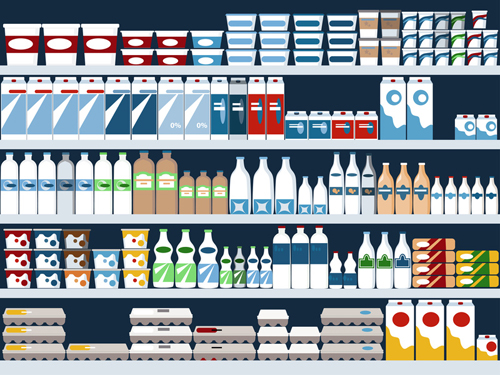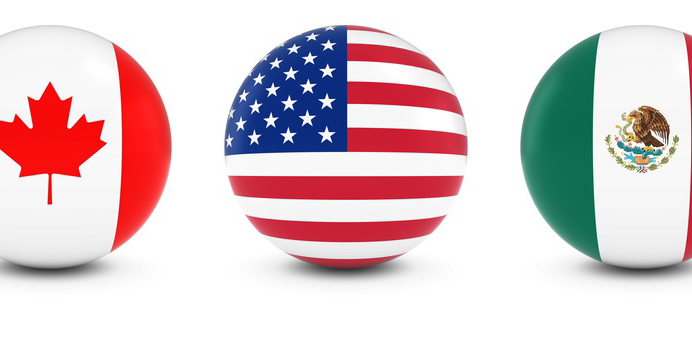
11-minute read
Quality Reporting in German Hospitals: A Model for Quebec
Choosing the right hospital can be a difficult decision for patients and their families. In 2005, in order to provide more transparency and facilitate evidence-based decisions, Germany began requiring that all hospitals publish structured quality reports every two years. These reports are meant to allow patients to compare the level of quality of each hospital. Doctors can also base their referrals on these reports. This kind of transparency leads to the continuous improvement of the quality of medical treatment.

12-minute read
Transiting to Privatization
Over the past few decades, the costs of public transit in Montreal have outpaced services rendered. This occurred while many municipalities around the world opted to reform their public transit systems by increasing the involvement of the private sector. This Economic Note provides an overview of the history of public transit in Montreal and of international experiences with private involvement.

5-minute read
The State of Tobacco Policy in Canada: The Case of Plain Packaging
In Canada, tobacco is one of the most regulated and controlled industries, and smoking, because it is hazardous to one’s health, is one of the most heavily regulated behaviours. It thus provides a good example of how far risky behaviour is being regulated and taxed in Canada. The case of tobacco may also hint at how government might next regulate and tax other industries like alcohol, fast food, and sugary beverages.

6-minute read
Viewpoint – The Economic Costs of Protectionism: The Case of Softwood Lumber
Despite multiple legal setbacks before WTO and NAFTA tribunals, American softwood lumber producers are still calling for the imposition of limits and tariffs on Canadian imports, arguing that they represent unfair competition because they are subsidized. If no agreement is ratified before October 12, 2016, imports from Canada could be subject to tariffs of up to 25%. The case of softwood lumber is a good illustration of how protectionism provides benefits for a limited group, all while harming a majority.

6-minute read
Viewpoint – Supply Management Makes the Poor Even Poorer
As a result of a recent decision by the Canadian Dairy Commission, the price of industrial milk is set to increase on September 1st, 2016. Numerous studies have found that supply management, under which Canada’s dairy and poultry sectors operate, imposes a large cost per family through higher consumer prices than could be obtained on open markets. Furthermore, these higher prices place more of a burden on poorer households than on richer ones.

7-minute read
Viewpoint – Abolishing School Boards to Promote Student Success
The most recent school board election results represented a golden opportunity to do away with this superfluous institution in order to allow the emergence of more autonomous schools. In December 2015, the Quebec government introduced a bill that went in this direction. However, the new Education Minister, Sébastien Proulx, decided to drop the structural modifications and focus instead on academic success. Yet abolishing school boards and entrusting schools with more autonomy would in fact promote the success of students.

7-minute read
Viewpoint – Is Ontario the New Quebec?
For decades, Quebec’s economy and the state of its public finances have been judged in comparison with Ontario. Catching up with its neighbour was a worthwhile goal, promoted by many. Over the past few years, the differences between the two most populous provinces have indeed been reduced. However, while the picture has improved somewhat in Quebec, including recent fiscal prudence on the part of the government, this narrowing of the gap does not so much reflect Quebec’s good performance as it does Ontario’s gradual decline.

8-minute read
Viewpoint – The Widespread Benefits of Gentrification
Gentrification is a process whereby middle-class families and young professionals establish themselves in working-class urban neighbourhoods. By no means unique to Montreal, this process has generated some resistance on the part of anti-gentrification activists, some of whom have resorted to violent means in the belief that they are being displaced. Yet gentrification is a widespread phenomenon that yields largely beneficial outcomes for everyone—including the poorest members of society—and whose negative effects can be mitigated by sound economic policy.

7-minute read
Viewpoint – NAFTA: Donald Trump’s Criticisms Are Unfounded
The Republican Party’s presumptive nominee for the presidency of the United States, Donald Trump, has made the negative effects of the opening up of borders, and especially of trade between the United States and Mexico, one of his recurring themes. He claims that free trade does not benefit the United States. According to him, the North American Free Trade Agreement (NAFTA) is “a disaster” that needs to be renegotiated. In Canada, this opposition to free trade finds a certain echo among commentators and lobby groups.

7-minute read
Viewpoint – The Charges and Taxes That Undermine the Competitiveness of Canadian Airports
Favourable conditions like lower fuel prices and the weakness of the loonie have benefited Canadian airports over the past two years. This trend could be short-lived, however, whereas systemic pressures are undermining the competitiveness of the Canadian airline sector in the longer term. In 2015, Canada was ranked 130th out of 138 countries in terms of ticket taxes and charges imposed on airports. Ultimately, these taxes and charges represent extra costs that are passed on to consumers and to air carriers.

